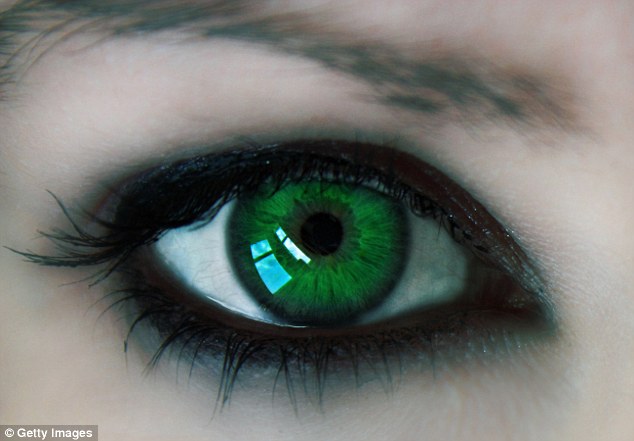-
Tips for becoming a good boxer - November 6, 2020
-
7 expert tips for making your hens night a memorable one - November 6, 2020
-
5 reasons to host your Christmas party on a cruise boat - November 6, 2020
-
What to do when you’re charged with a crime - November 6, 2020
-
Should you get one or multiple dogs? Here’s all you need to know - November 3, 2020
-
A Guide: How to Build Your Very Own Magic Mirror - February 14, 2019
-
Our Top Inspirational Baseball Stars - November 24, 2018
-
Five Tech Tools That Will Help You Turn Your Blog into a Business - November 24, 2018
-
How to Indulge on Vacation without Expanding Your Waist - November 9, 2018
-
5 Strategies for Businesses to Appeal to Today’s Increasingly Mobile-Crazed Customers - November 9, 2018
30% people driven by envy in the social interactions
Researchers were then able to classify the majority of people (90%) into four basic personality types: optimistic, pessimistic, trusting and envious.
Advertisement
About 90 percent of the population fall within four basic personality types: Optimistic, Pessimistic, Envious and Trusting. In the game, the players had to choose to hunt a rabbit or a stag, with the latter worth more. According to the behavior theory adopted for the games, the envious person hunts rabbits knowing they will either be equal to or better than the other hunter.
Optimists, representing 20% of the group, were found to believe that their partners would always make the best choices. The largest group was the envious – with 30% of participants – which was not what the researchers had been expecting.
The trusting group (20 per cent) were born collaborators who always cooperated and did not mind if they win or lose. And surprise, surprise, most people tend to be envious – a whopping one in three people.
Participants were put into pairs and given options that either led to collaboration or conflict with others. An optimist hunts the deer, focusing on the big reward.
In other words, envious types would hunt for the rabbit – as they can not bear another person doing better than them, even if it means they receive less. If people are alone, they can only hunt rabbits, which they are sure to catch.
For the study, researchers assigned 541 participants to partners in order to decide random payoffs in the face of a particular social dilemma, Science Daily reported.
Envious types “seem to behave as driven by envy, status-seeking consideration, or lack of trust.these players prevent their counterparts from receiving more payoff than themselves even when, by doing so, they diminish their own potential payoff”, said study author Professor Yamir Moreno, from the University of Zaragoza, to The Mail.
Based on the results, the researchers developed a computer programme to classify people according to their behaviour.
While major economic theories often portray humans as rational actors, the research suggests behaviours during collaborative games might be more complex and diverse than previously thought – and this should be taken into account when redesigning social and economic policies, and in social exchanges based on cooperation, such as negotiations.
Advertisement
“However, its application to the study of human behavior is quite revolutionary, given that previous works prefixed the behaviors expected before the experiment was carried out, instead of allowing an external system to then automatically give us information about which groupings were most logical”, he added.





























